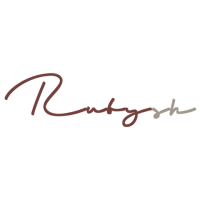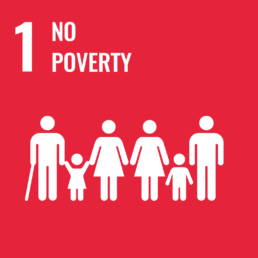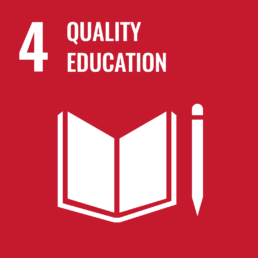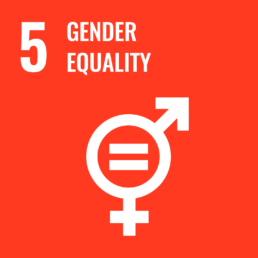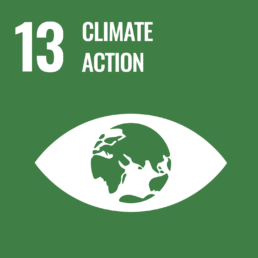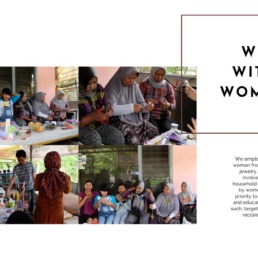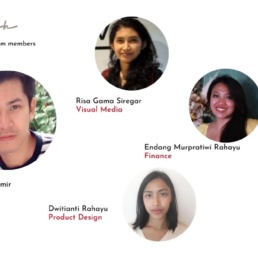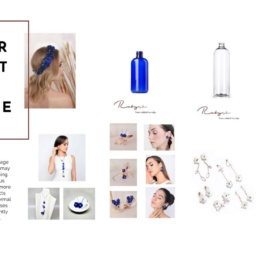Rubysh is meant to deliver a message that ugly-looking waste may transform into beautiful and stunning fashion items. Since 2016, we have been working on waste upcycling through the participation of the informal waste sector. Currently, we employ 40 women from marginalized groups as part of our social movement. We have designed and created fashion accessories from wasted materials as the complimentary look for the increasingly growing trend of eco/slow fashion. Our products also convey meaningful stories to fashion communities and people in general about better waste management and the importance of improving the welfare of the waste scavengers.
To date, waste management in Indonesia is still dominated by the informal waste sector with a rate of 15% (source:World Bank). The workforce is mainly concentrated in the relatively dispersed waste dumping sites in several big cities in Indonesia such as Jakarta, Tangerang, Bandung, etc. Daily, a local waste worker could collect around 5-10 kilograms of plastic waste and receive from 10 cents USD until 30 cents USD per kilogram of its compacted/shredded form. They could also obtain additional money from selling other waste materials like discarded papers or metals. With that amount of income, it is far from enough to afford proper living. In fact, many of them are forced to build a semipermanent house close to the dumpsite and live in poverty.
With such consideration, Rubysh was established to level up the value of waste by first introducing our unique jewelry lines. We hope that our initiatives might drive local stakeholders to actively participate in doing better waste collection and separation. We also expect that it triggers the creation of a sustainable circular economy that prevents waste from being disposed to landfills.
We work together with local waste banks, waste collectors, and several big brands to obtain the desired quality of waste (largely post-consumer packaging). Therefore, it may imply that our business connects the existing networks and amplifies the positive impacts by involving them closely in our business operations.
Being one of the emerging brands in the slow fashion genre, we have been a center of interest to many clothing designers that starts to embrace eco-friendly themes in their production houses. We have received quite a lot of offers for collaboration in their fashion show and it is a great chance to introduce our brand to high fashion communities and expand our coverage to a broader market and scale up the impacts.
Product & Services
- Collect Waste
- Creative upcycle of waste into fashion items
- Workshops to create jewellery
- Local women empowerment programme that aims to employ women from the marginalised area near the dumpsite.
Encep is one of the winners of KOMPAK’s Social Young Innovator (So-Young) Program. An environmental scientist by training, Encep works with waste-pickers community to sort usable waste and ten local handcrafters. Rubysh is currently being sold online as well as directly offline through his network. On average, Rubysh is able to produce 500-600 jewelry pieces every month. Scaling up however has been quite challenging due to limited numbers of trained women and financial resources..
Source: https://kompak.or.id/en/article/so-young-profile-encep-amir-upcycling-waste-beautiful-jewelry
Rubysh represented Indonesia in Asian Development Bank Green Business Forum.
Source: https://events.development.asia/sites/default/files/course/2016/green-business-forum-agenda.pdf


